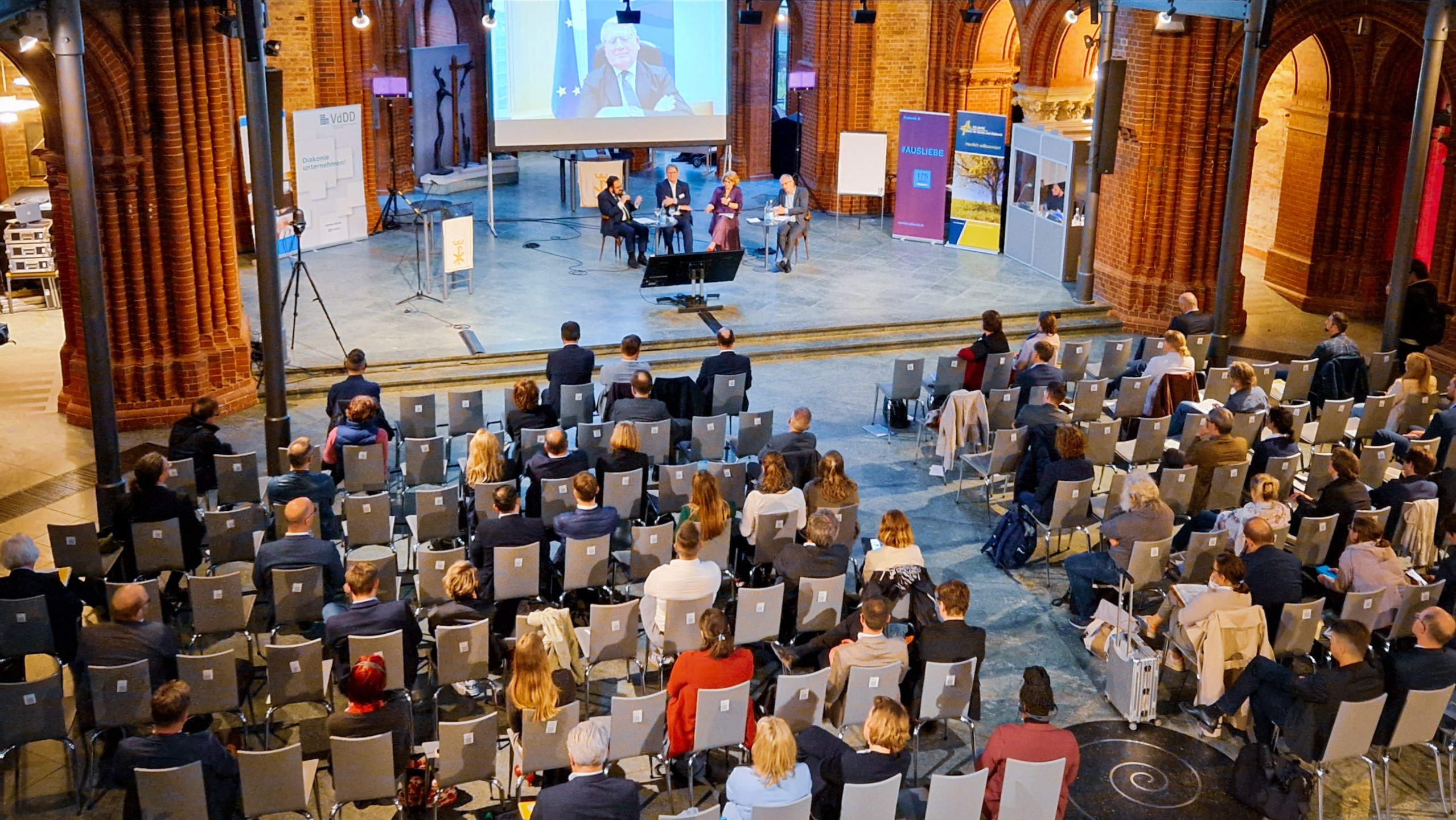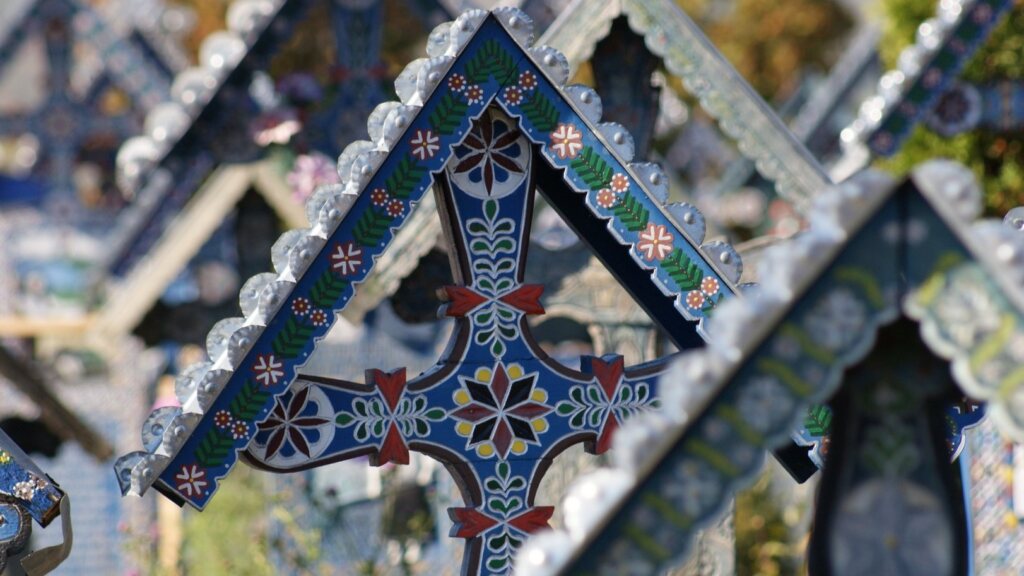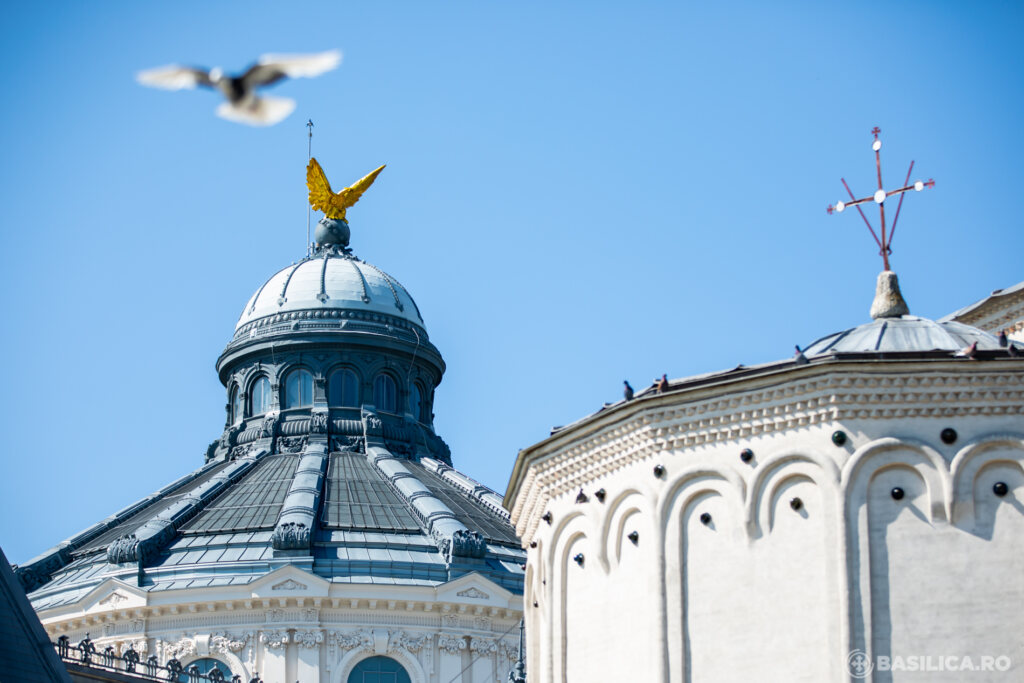Christian Churches and NGOs from EU met last week in Berlin for the 3rd Strategy Conference on Sustainability.
The participants called for the support of the German and European authorities for an administrative and legislative framework to prevent the price of social services from rising after the entry into force of the new EU environmental protection regulations.
For instance, daycare centres and nursing home buildings should become more energy-efficient before 2027, when even social operators will start to pay CO2-emission taxes.
Ultimately, those in need of care, the social security funds or the taxpayers have to pay for the additional costs.
Need for support in joining the EU green transition
“The energetic refurbishment of social real estate protects the climate, reduces the energy requirement and thus saves costs. We want to become climate-neutral, but we need a legal basis for this,” said Ulrich Lilie, President of Diakonie Deutschland.
“Social and ecological sustainability are part of the DNA of diaconal companies and must always be thought of together,” mentioned Andreas Theurich from the Association of Diaconal Employers in Germany (VdDD).
“Not only do we have to, we want to operate climate-neutrally as quickly as possible. The sooner the legislator creates the framework for this, the faster and more effectively we can start implementing it in our companies.”
The social economy could become more expensive
“If the current ‘green’ EU taxonomy is retained, access to credit for the social economy will be considerably more difficult and more expensive,” warned Jörg Moltrecht, member of the Management Board of KD-Bank.
“In order for social enterprises to be able to assume their valuable social responsibility in the future, they also need financial security for their sustainable investments. This is currently not discernible in the relevant refinancing conditions.”
“The social economy, including non-profit social enterprises, needs the right legal and financial framework to participate in the green transition,” added Heather Roy, Secretary General of Eurodiaconia.
She mentioned among the urgent needs “reducing bureaucracy as part of EU funding programs, easing EU state aid regulations for services of general interest, strengthening the role of social, ecological and qualitative criteria in public procurement, and more incentives for investments in social services, for example through a social taxonomy”.
The event was organized by Diakonie Deutschland, VdDD, Eurodiaconia – European network of churches and Christian NGOs providing social and health services – and The Bank for Church and Diakonie (KD-Bank).
Among the speakers were Nicolas Schmit, EU Commissioner for Employment and Social Rights, as well as representatives from the German federal ministries of Environment, Health and Labour.
Photo source: Eurodiaconia.org
Follow us on Twitter: @BasilicaNews






